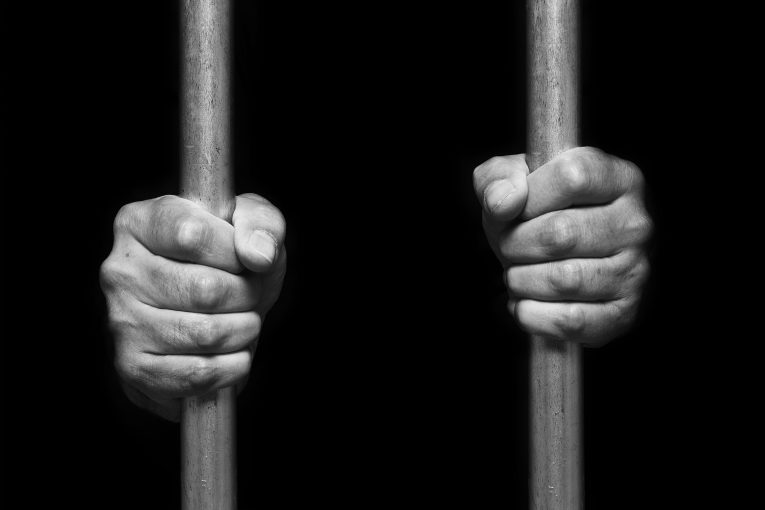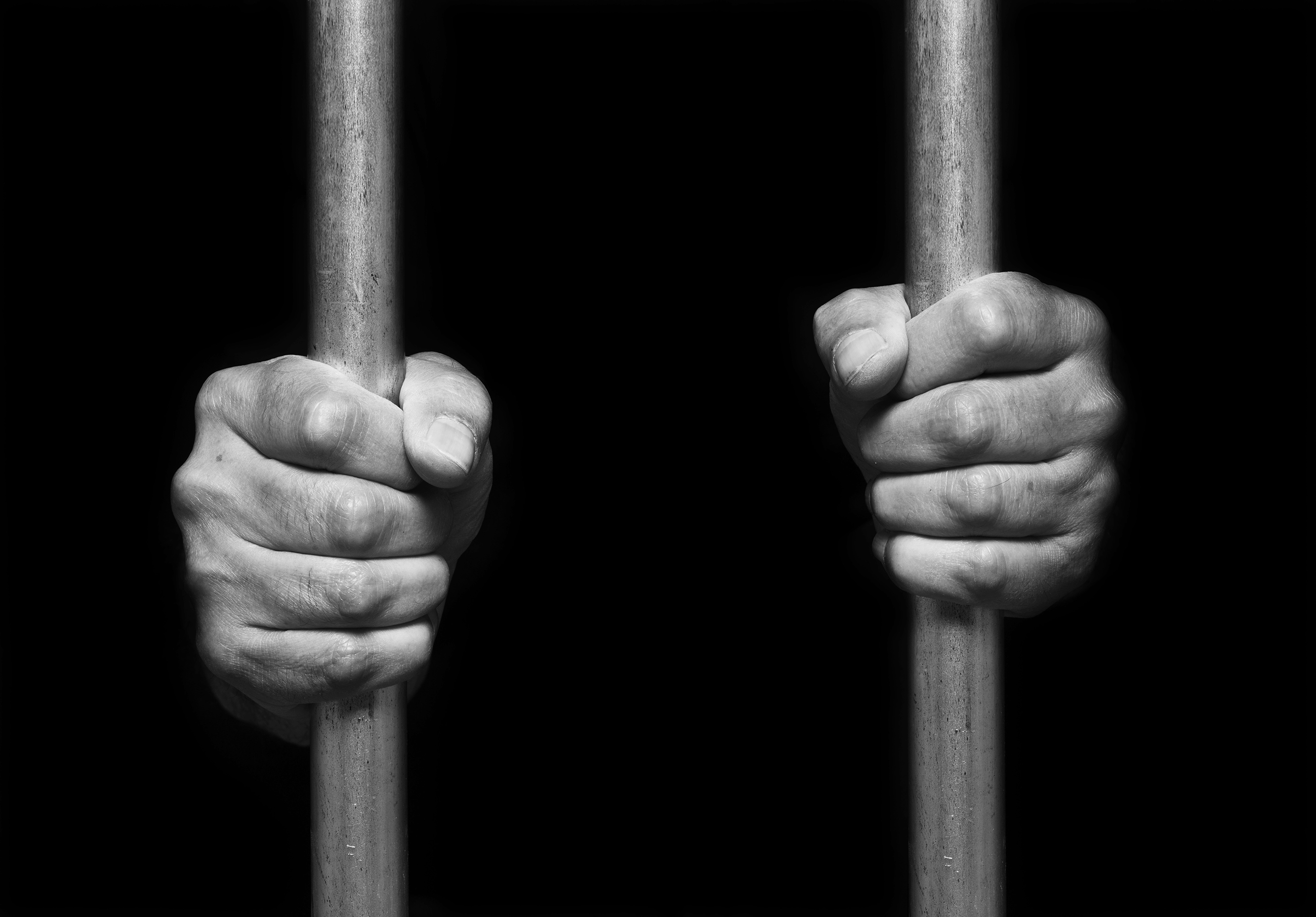

By Cristine Soto Deberry
In the mid-1990s, California was one of 24 states that enacted a “three-strikes” law. California’s law, however, stood out as being both the most severe and widely used. The results have been nothing short of a disaster.
The California Policy Lab recently published a sobering study on the continuing impact of three strikes. The study found that since 2015, 65% of people who received doubled sentences under three strikes were convicted of a non-serious, non-violent offense. Think three strikes makes us safer? Think again. The California Policy Lab found that harsh three strikes sentencing did not lead to declining crime rates. In fact, other states without three strikes laws saw similar  declines in crime rates as California.
declines in crime rates as California.
Shortly after taking office, Los Angeles District Attorney George Gascón directed prosecutors to stop applying California’s three strikes law. The backlash was swift. The union representing prosecutors in his office sued, claiming that abandoning three strikes was “illegal” and would create a public safety disaster. Now, the case is heading to the California Supreme Court.
The case before the Supreme Court is a simple one. The union claims that the 1994 voter-approved three strikes initiative requires prosecutors to charge every strike available. However, their reading of the statute defies the prosecutors’ well-established power of discretion, and therefore constitutional issues related to separation of powers.
Elected prosecutors use their discretion every day to decide whether and how to charge criminal cases, including sentence enhancements such as California’s three strikes law. The union’s argument is reflective of the failed tough-on-crime mentality that filled our prisons, exacerbated racial disparities, and broke the bank, all without reducing crime. In short, they argue that DA Gascón’s policy is illegal because it precludes line deputies from using their discretion to increase punishment.
However, they simultaneously claim the elected district attorney should not have that same discretion when choosing not to pursue extreme three strikes sentences. Their argument boils down to this: Prosecutorial discretion can only be used to increase punishment, and not the other way around.
The internal contradiction is as jarring as the hubris of the union claiming that line deputies should wield power greater than their boss, a district attorney elected by the voters.
The court’s decision will have a dramatic impact on the fairness of our justice system. Leando Andrade, for example, was sentenced to 50 years to life for stealing $153 worth of videotapes, while Curtis Wilkerson was sentenced to 25 years to life for stealing a pair of socks. Vincent Rio went to prison for life for stealing two pairs of children’s shoes. These cases offer a reminder of why we must elect responsible and thoughtful prosecutors who seek appropriate consequences.
The deputies’ union and regressive law enforcement officials at large inevitably invoke the most egregious, fear-inducing cases to scare the public into believing we must have these policies to protect our communities. They claim murder, rape and torture go unpunished, conveniently omitting that harsh sentences are still pursued for these cases even without three strikes.
While we have been told that tough is what makes us safe, the reality is that locking up people for decades does not make us safer: Research shows that excessive sentences do not make us safer, but are correlated with higher rates of recidivism, as persons who are incarcerated learn more effective crime strategies from each other and time spent in prison can desensitize many to the threat of future imprisonment. Research also shows that people tend to age out of crime by their early 30s.
Today, more than half of the people sentenced to prison in California are rated low-risk to reoffend by prison officials, and fully 95% of individuals sentenced to prison who have spent 20 years or more behind bars are rated “low-risk” to reoffend. We are literally spending billions of dollars every year to keep people behind bars who are not dangerous. That is depriving our communities of the resources necessary to prevent crime and the opportunity for people to come home to families and communities that need them.
Our three-strikes law has played an outsized role in the tragedy that is mass incarceration. Allowing prosecutors like George Gascón to restore sanity to our criminal legal system is an important step toward progress. Ultimately, three strikes makes us less safe, not more.
Cristine DeBerry is the founder and executive director of the Prosecutors Alliance of California. Originally published by the Orange County Register.
